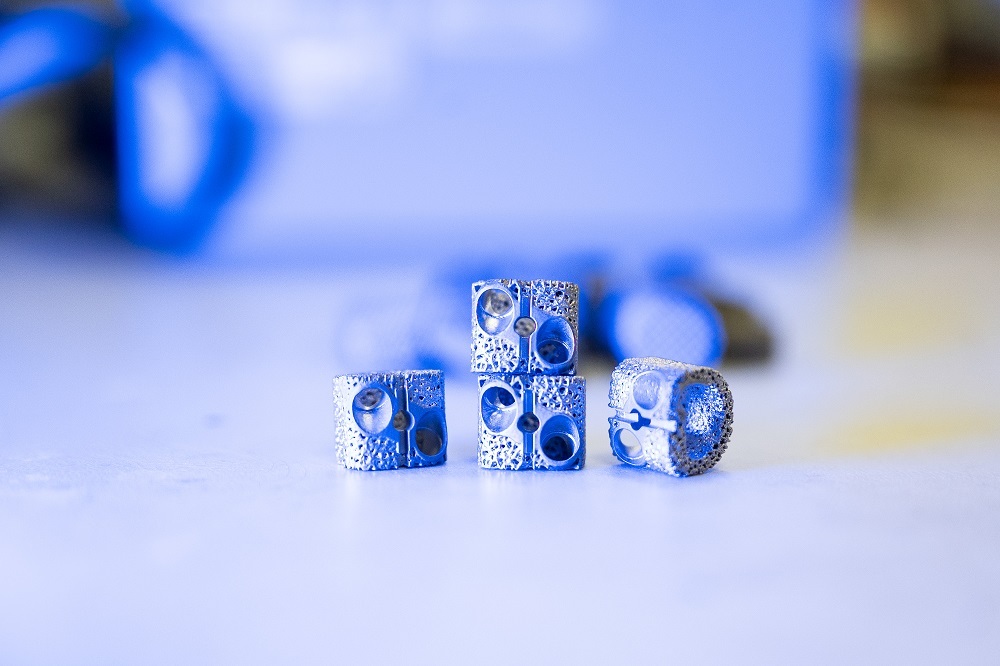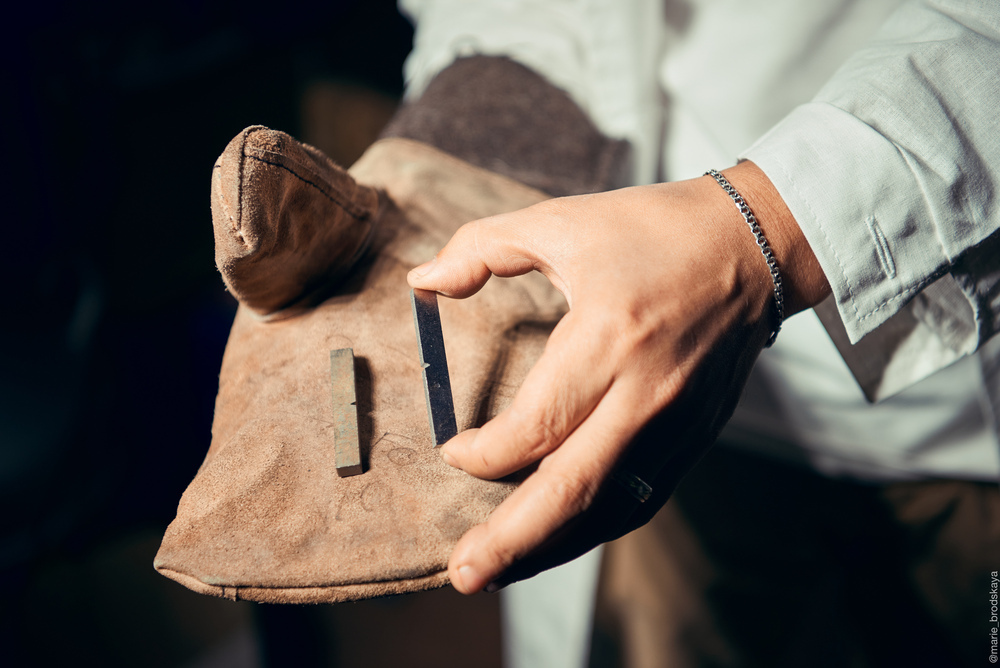Scientists from NUST MISIS have proposed a new approach to modify alloy surfaces for medical purposes
Researchers from NUST MISIS have proposed a new two-stage method for modifying alloys, which are promising for manufacturing orthopedic implants that require special mechanical and functional properties. By using atomic layer deposition on the surface of a superelastic Ti-Zr-Nb (titanium-zirconium-niobium) alloy, they were able to obtain an oxide film (TiO₂) that allows for controlling the chemical state of the material. Subsequently, silver nanoparticles were applied to the alloy, significantly increasing the antibacterial activity of the material.


